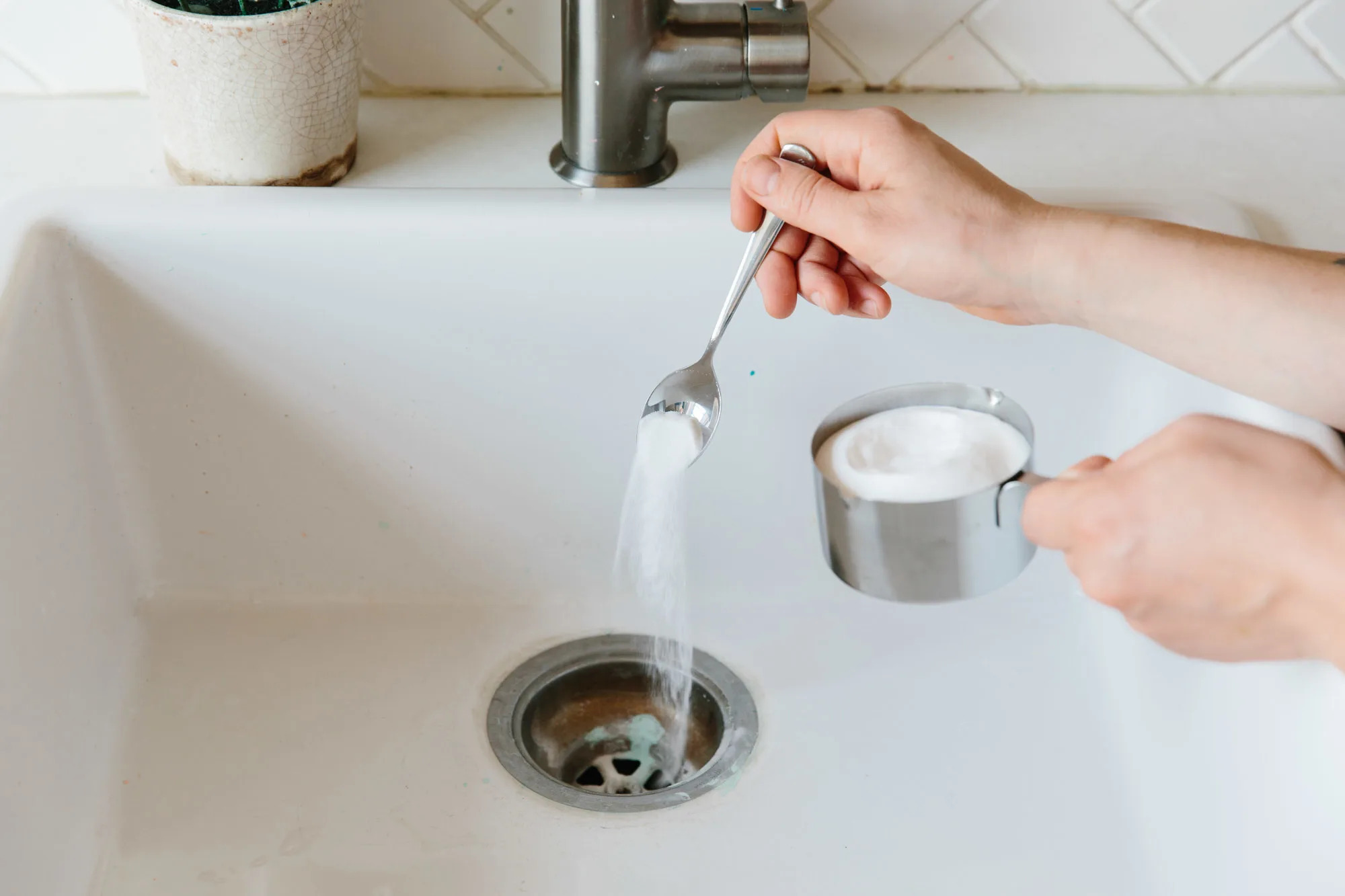

Articles
How To Get Smell Out Of Kitchen Sink
Modified: October 20, 2024
Discover effective and easy-to-follow articles on how to eliminate unpleasant odors from your kitchen sink with our helpful tips and tricks.
(Many of the links in this article redirect to a specific reviewed product. Your purchase of these products through affiliate links helps to generate commission for Storables.com, at no extra cost. Learn more)
Introduction
Having a clean and fresh-smelling kitchen sink is essential for maintaining a pleasant and hygienic environment in your home. However, it’s not uncommon for unpleasant odors to develop in the kitchen sink over time. These odors can be caused by a variety of factors, such as food particles trapped in the drain, bacteria growth, or even clogs in the pipes. If left untreated, these odors can spread throughout the kitchen and make cooking and cleaning tasks a less enjoyable experience.
In this article, we will explore some of the most common causes of smell in the kitchen sink and provide effective methods to get rid of these unpleasant odors. With a little bit of effort and the right techniques, you can restore a fresh and welcoming scent to your kitchen sink and enjoy a more pleasant cooking and cleaning experience.
Key Takeaways:
- Say goodbye to kitchen sink odors by using natural remedies like baking soda, vinegar, citrus fruits, and essential oils. Regular maintenance and prevention tips will keep your sink fresh and inviting.
- Combat unpleasant kitchen sink odors with effective methods such as flushing with hot water and bleach, clearing clogs, and maintaining proper hygiene. Enjoy a clean and fragrant cooking space with simple yet powerful solutions.
Read more: How To Get Smells Out Of Furniture
Common Causes of Smell in Kitchen Sink
Before diving into the solutions, it’s important to understand the common causes of smell in the kitchen sink. By identifying the source of the odor, you’ll be better equipped to tackle the problem effectively. Here are some of the main culprits:
- Food particles: When food scraps or residue get trapped in your sink drain, they can start decomposing and produce unpleasant odors.
- Bacteria growth: The warm, moist environment of the sink provides an ideal breeding ground for bacteria. If not properly cleaned, these bacteria can create foul-smelling odors.
- Grease and build-up: Over time, oils, fats, and other debris can accumulate in the drainpipes, leading to clogs and contributing to the bad smell.
- Blocked or vented pipes: If your kitchen sink pipes are blocked or not properly vented, it can cause stagnant water and odors to linger in the drain.
- Garbage disposal issues: If you have a garbage disposal unit, it can become a source of odors if not cleaned regularly or if there is a blockage.
By addressing these underlying causes, you can effectively eliminate the unpleasant odors and enjoy a fresh-smelling kitchen sink.
Methods to Get Rid of Smell in Kitchen Sink
Now that you have a better understanding of the common causes of smell in the kitchen sink, let’s explore some effective methods to eliminate those odors and keep your sink smelling fresh:
- Cleaning with Baking Soda and Vinegar: One of the most popular and effective methods to remove kitchen sink odors is by using a combination of baking soda and vinegar. Start by pouring a cup of baking soda down the drain, followed by a cup of vinegar. Let the mixture sit for a few minutes before flushing it with hot water. This powerful combination helps break down the food particles and neutralize odors.
- Flushing with Hot Water and Bleach Solution: Another approach is to create a bleach solution by mixing one tablespoon of bleach with a gallon of hot water. Carefully pour this solution down the drain, ensuring it reaches all areas. Let it sit for a few minutes before flushing it with hot water. The bleach will help kill bacteria and eliminate odors.
- Using Citrus Fruits to Freshen the Sink: Citrus fruits like lemons, oranges, or grapefruits can help naturally freshen up your kitchen sink. Cut a citrus fruit into small wedges and put them down the disposal. Run cold water and turn on the disposal to grind the fruit. The citrus oils released will leave a pleasant scent in the sink.
- Deodorizing with Essential Oils: Essential oils such as lemon, lavender, or peppermint can be used to create a homemade deodorizing spray. Mix a few drops of your preferred essential oil with water in a spray bottle. Spray the mixture around the sink, focusing on the drains and crevices. The oils not only combat odors but also leave a refreshing scent in your kitchen.
- Clearing Clogs and Build-up: In some cases, the lingering odor may be caused by clogs or build-up in the pipes. Try using a plunger or a plumbing snake to clear any debris or blockages. Once the pipes are clear, flush the sink with hot water to remove any remaining residue and help eliminate the smell.
- Proper Maintenance and Prevention Tips: To prevent future odors in your kitchen sink, establish a regular cleaning routine. Avoid pouring grease down the drain, use a sink strainer to catch food particles, and regularly run hot water to help flush away any residue. Additionally, consider using enzyme-based drain cleaners periodically to break down organic matter and prevent the build-up of bacteria and odors.
By utilizing these methods and adopting good maintenance practices, you can effectively eliminate kitchen sink odors and maintain a fresh and pleasant smelling sink.
Cleaning with Baking Soda and Vinegar
Cleaning your kitchen sink with baking soda and vinegar is a tried and true method for getting rid of unpleasant odors. This powerful combination helps break down food particles and neutralize odors, leaving your sink fresh and clean.
To begin, you’ll need baking soda, vinegar, and hot water. Follow these steps:
- Pour baking soda down the drain: Start by pouring about one cup of baking soda down the kitchen sink drain. Make sure to distribute it as evenly as possible.
- Follow with vinegar: Next, pour a cup of vinegar down the drain. The combination of vinegar and baking soda will create a bubbling reaction, which helps break down food particles and eliminate odors.
- Let it sit: Leave the mixture to sit in the drain for at least 15 minutes. During this time, the reaction between the baking soda and vinegar will help loosen and dissolve any built-up debris.
- Flush with hot water: After the time has elapsed, run hot water down the drain to flush away the baking soda, vinegar, and loosened debris. The hot water will help remove any remaining residue and leave your sink smelling fresh.
For best results, it’s recommended to repeat this process once a month or as needed, especially if you notice recurring odors. Regular maintenance using baking soda and vinegar can help keep your kitchen sink clean, fresh, and free from unpleasant smells.
Flushing with Hot Water and Bleach Solution
If you’re dealing with persistent odors in your kitchen sink, flushing it with a hot water and bleach solution can be an effective method to eliminate the smell. Bleach has strong disinfectant properties that can help kill bacteria and remove unpleasant odors from your sink.
Here’s how you can use a hot water and bleach solution to tackle the odors:
- Create the bleach solution: Mix one tablespoon of bleach with a gallon of hot water in a container. Make sure to wear protective gloves and avoid splashing the mixture on your skin or clothing.
- Pour the solution down the drain: Carefully pour the bleach solution down the kitchen sink drain. Ensure that it reaches all areas of the drain and any visible debris or residue.
- Allow it to sit: Let the bleach solution sit in the drain for about 10-15 minutes. This will give the bleach time to kill any bacteria and neutralize odors.
- Flush with hot water: After the soaking time, run hot water down the drain to flush away the bleach solution and any remaining debris. This helps remove any lingering odors and leaves your sink smelling fresh.
It’s important to note that while bleach is effective in eliminating odors, it should be used with caution and in well-ventilated areas. Avoid mixing bleach with other cleaning products, and always follow the instructions on the bleach bottle for proper usage.
By periodically flushing your kitchen sink with a hot water and bleach solution, you can effectively kill bacteria, remove build-up, and eliminate unpleasant smells. Remember to exercise caution when working with bleach and prioritize safety at all times.
Pour a cup of baking soda down the drain, followed by a cup of white vinegar. Let it sit for 30 minutes, then flush with hot water. Repeat as needed.
Read more: How To Get Smell Out Of Freezer
Using Citrus Fruits to Freshen the Sink
If you prefer a natural and refreshing approach to eliminate the smell from your kitchen sink, using citrus fruits can be a great option. Citrus fruits, such as lemons, oranges, or grapefruits, have natural cleaning and deodorizing properties that can leave your sink smelling fresh and pleasant.
Here’s how you can use citrus fruits to freshen up your kitchen sink:
- Cut citrus fruits into small wedges: Take a citrus fruit of your choice and cut it into small wedges. The number of wedges will depend on the size of the fruit and the intensity of the odor.
- Put the wedges down the disposal: Place the citrus wedges into your garbage disposal unit. Make sure to spread them out evenly.
- Run cold water and turn on the disposal: Run cold water down the disposal and turn it on to grind the citrus wedges. The grinding action will release the natural oils from the fruit, which will help deodorize the disposal and leave a fresh citrus scent in your sink.
- Continue running water and disposal for a few seconds: Keep the water and disposal running for a few more seconds after all the citrus wedges have been ground. This will ensure that any remaining residue is flushed away, leaving your sink clean and fresh.
This method not only removes odors but also helps to clean and maintain your garbage disposal unit. The natural oils in the citrus fruits act as a mild cleanser, helping to break down grease and food particles that may be stuck in the disposal.
Feel free to repeat this process whenever you notice lingering odors in your kitchen sink. The natural scent of the citrus fruits will replace any unpleasant smells, leaving your sink smelling clean and invigorating.
Deodorizing with Essential Oils
If you prefer to use natural and aromatic solutions to freshen your kitchen sink, essential oils can be a fantastic option. Essential oils not only help combat odors but also leave behind a pleasant and refreshing scent. You can choose from a variety of essential oils, such as lemon, lavender, or peppermint, depending on your preference.
Here’s how you can deodorize your kitchen sink using essential oils:
- Select your desired essential oil: Choose an essential oil that appeals to your senses and has deodorizing properties. Lemon, for example, is known for its fresh and uplifting scent, while lavender offers a calming aroma. Peppermint provides a cool and invigorating fragrance.
- Mix the essential oil with water: In a spray bottle, mix a few drops of your chosen essential oil with water. The ratio should be about 5-10 drops per 1 cup of water.
- Shake the mixture well: Shake the spray bottle vigorously to ensure that the essential oil is evenly dispersed in the water.
- Spray the mixture around the sink: Spray the essential oil and water mixture around the sink, focusing on the drains, crevices, and any areas where odors may linger. The refreshing scent will help neutralize odors and leave a pleasant aroma in your kitchen.
Feel free to customize the essential oil mixture according to your preferences. You can combine different essential oils to create unique scent blends. Experiment with different combinations until you find your favorite aroma.
In addition to deodorizing, essential oils also possess natural antimicrobial properties, which can help inhibit the growth of bacteria in your kitchen sink. This makes them an excellent choice for maintaining a clean and fresh environment.
Remember to shake the spray bottle well before each use, as the essential oil and water mixture may separate over time. This simple and aromatic method will keep your kitchen sink smelling delightful and inviting.
Clearing Clogs and Build-up
If you’ve noticed persistent odors coming from your kitchen sink, it could be due to clogs or build-up in the pipes. Clearing these blockages is essential for maintaining a fresh and odor-free sink. Here are some steps you can take to effectively clear clogs and build-up:
- Inspect the drain: Start by visually inspecting the drain and removing any visible debris or food particles. Use a pair of gloves or tongs to remove any large objects that may be causing a blockage.
- Flush with hot water: After removing visible debris, run hot water down the drain to help loosen any remaining build-up. Hot water can break down grease and other substances, reducing the likelihood of clogs forming.
- Use a plunger: If the clog persists, use a plunger specifically designed for sinks. Place the plunger over the drain, making sure it completely covers the opening. Apply firm and steady pressure to create a vacuum seal, then rapidly plunge up and down. This action can help dislodge and clear clogs.
- Utilize a plumbing snake: If the plunger doesn’t work, you may need to use a plumbing snake, also known as a drain auger. Insert the snake into the drain and rotate it gently while pushing it further into the pipe. This process can help break up or remove stubborn clogs.
- Flush with hot water again: Once you’ve cleared the clog, run hot water down the drain to flush away any debris or remaining residue. This will help remove any lingering odors and ensure a properly functioning sink.
Regularly clearing clogs and build-up can prevent foul odors from developing in your kitchen sink. It’s a good idea to incorporate these steps into your routine maintenance to keep your sink clean and fresh. Additionally, using a sink strainer can help prevent larger food particles from entering the drain and causing clogs in the first place.
If you’re unsure about clearing clogs or if the problem persists despite your efforts, it may be best to consult a professional plumber to avoid causing further damage or complications.
Proper Maintenance and Prevention Tips
Preventing odors in your kitchen sink is always preferable to dealing with them after they arise. By following these maintenance and prevention tips, you can keep your kitchen sink smelling fresh and clean:
- Regular cleaning: Make it a habit to clean your kitchen sink regularly. Use a mild dish soap and warm water to scrub the sink basin, faucet, and handles. This will help remove any food residue or oils that can contribute to odors.
- Avoid pouring grease down the drain: Grease and oil can solidify in the pipes and cause clogs and unpleasant smells. Dispose of grease properly by collecting it in a container and throwing it in the trash.
- Use a sink strainer: Install a sink strainer in the drain to catch food particles and debris. Empty the strainer regularly to prevent clogs and eliminate potential sources of odor.
- Run hot water regularly: After each use, run hot water down the drain for a few minutes to help flush away any leftover debris and prevent build-up. Hot water can also help dissolve and remove grease.
- Consider enzyme-based drain cleaners: Periodically using enzyme-based drain cleaners can help break down organic matter and prevent the build-up of bacteria and odors. Follow the instructions on the product label for proper usage and safety precautions.
- Maintain your garbage disposal: If you have a garbage disposal unit, keep it clean and free from odor-causing particles. Run cold water while using the disposal and avoid putting fibrous or starchy foods, bones, or non-food items down the drain.
- Regularly check for leaks: Check under the sink for any leaks or standing water. Moisture can contribute to bacterial growth and unpleasant odors. Address any leaks promptly to prevent further issues.
By incorporating these maintenance and prevention tips into your kitchen routine, you can maintain a fresh and odor-free sink. Remember that prevention is key, and a little bit of regular maintenance goes a long way in ensuring a pleasant and hygienic kitchen environment.
Read more: How To Get Rid Of Bathroom Sink Smell
Conclusion
A clean and fresh-smelling kitchen sink is a vital component of a hygienic and enjoyable cooking space. Unpleasant odors in the kitchen sink can be caused by various factors, including food particles, bacteria growth, clogs, and build-up. However, with the right methods and proper maintenance, you can easily get rid of these odors and maintain a pleasant-smelling sink.
In this article, we explored several effective methods for eliminating odors in the kitchen sink. Cleaning with baking soda and vinegar can help break down food particles and neutralize odors, while flushing with a hot water and bleach solution can eradicate bacteria and remove lingering smells. Using citrus fruits or essential oils can provide a natural and refreshing scent, and clearing clogs and build-up prevents odors from arising in the first place.
Additionally, we discussed the importance of regular maintenance and prevention tips to keep your kitchen sink smelling fresh. Regularly cleaning the sink, avoiding pouring grease down the drain, using a sink strainer, running hot water, and maintaining the garbage disposal are crucial practices to prevent odors from developing.
By following these methods and tips, you can enjoy a fresh and pleasant kitchen sink, enhancing your cooking and cleaning experience. Remember that a little effort in maintenance and prevention goes a long way in maintaining a clean and inviting kitchen environment.
So, say goodbye to kitchen sink odors and embrace the joy of a fragrant and hygienic kitchen space!
Frequently Asked Questions about How To Get Smell Out Of Kitchen Sink
Was this page helpful?
At Storables.com, we guarantee accurate and reliable information. Our content, validated by Expert Board Contributors, is crafted following stringent Editorial Policies. We're committed to providing you with well-researched, expert-backed insights for all your informational needs.


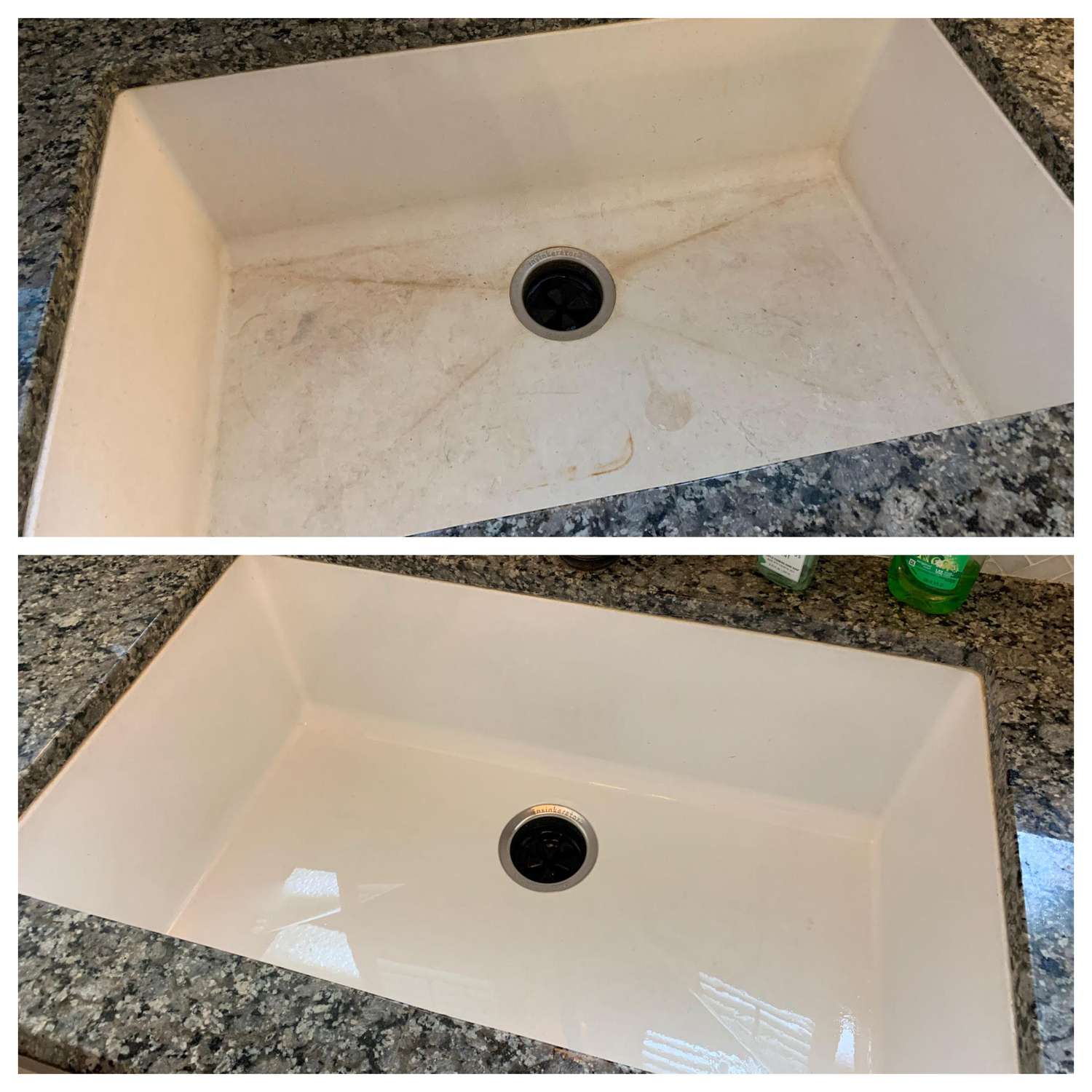


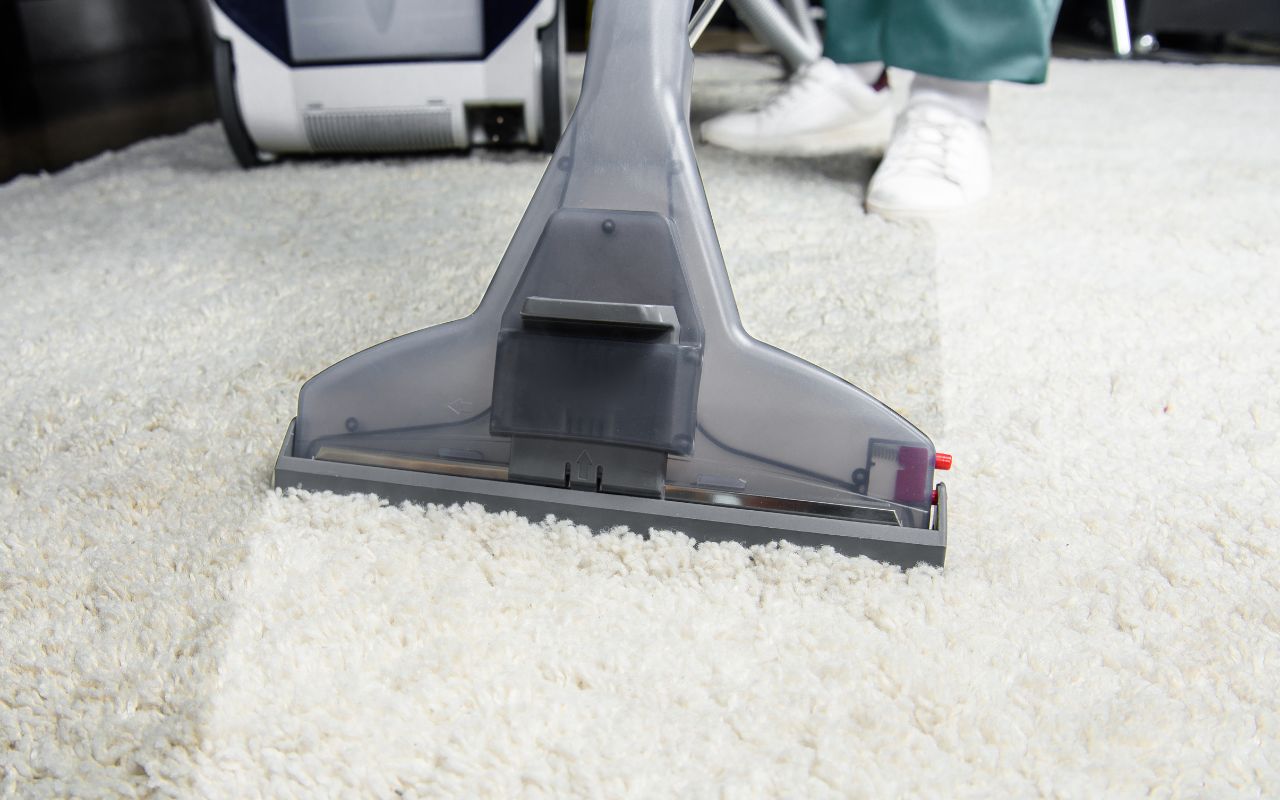

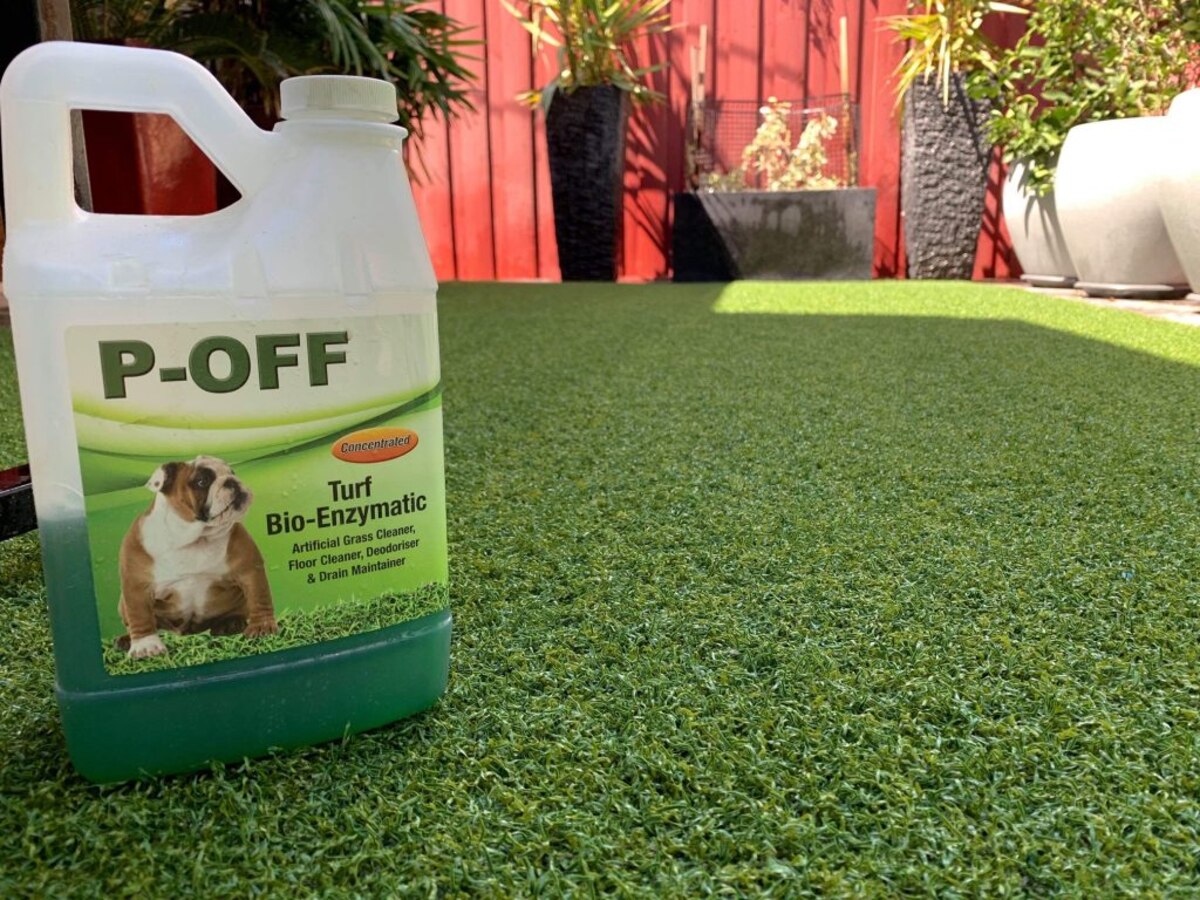


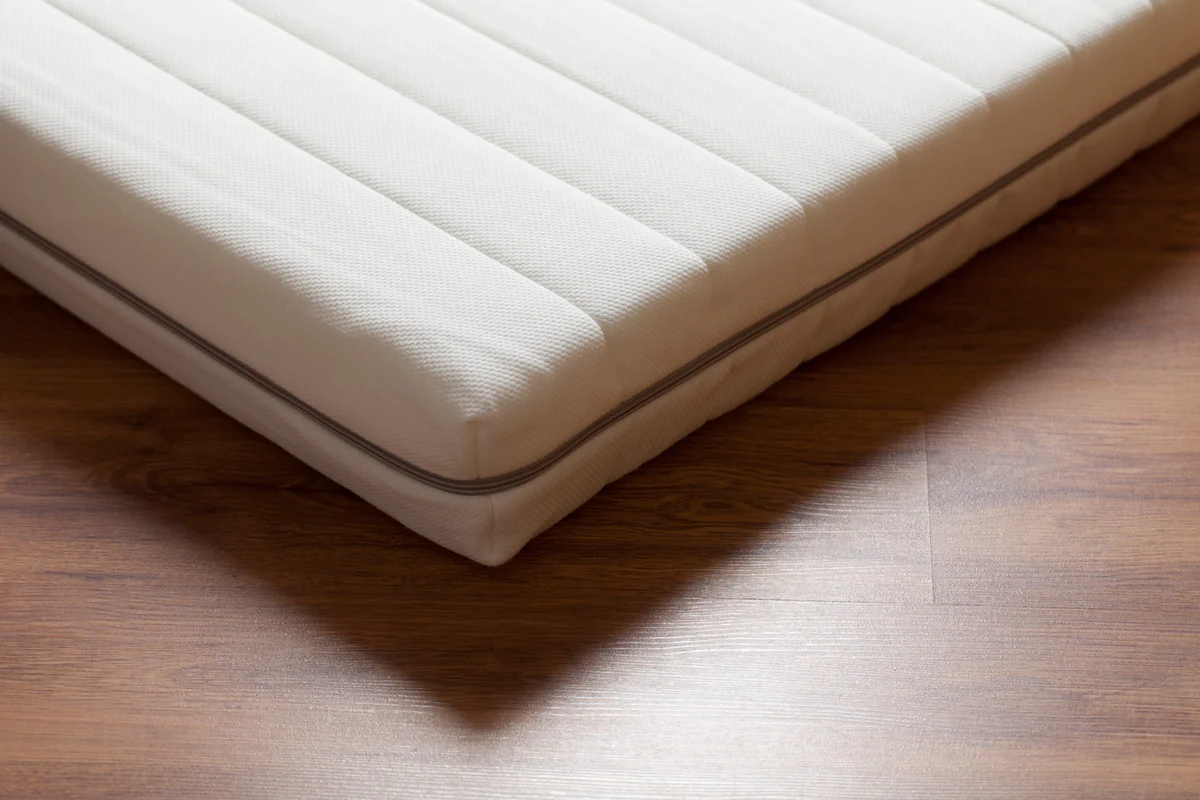
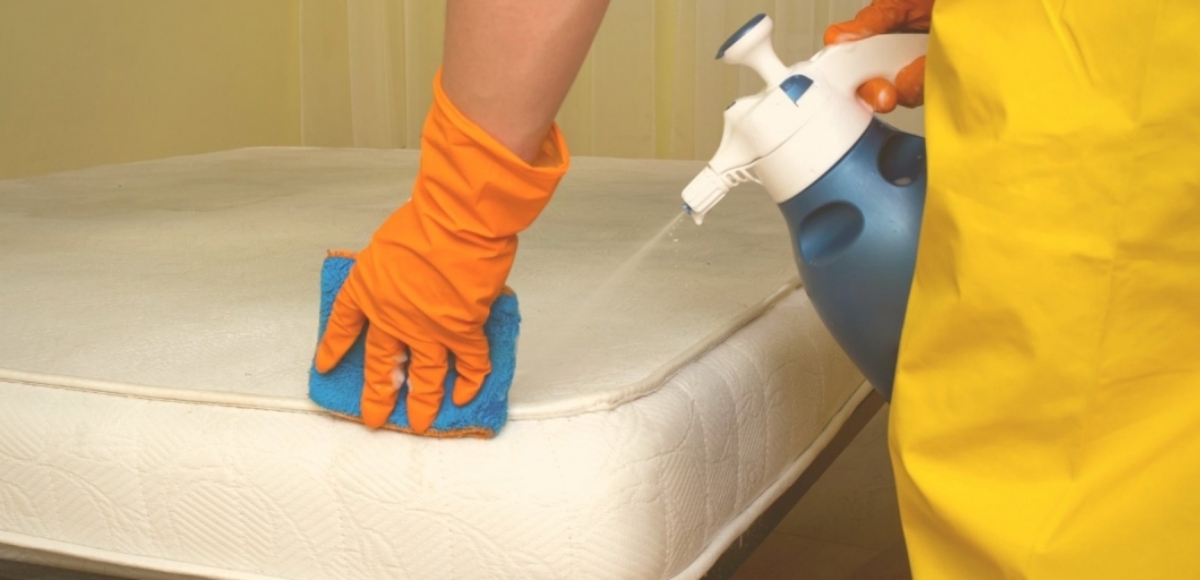


0 thoughts on “How To Get Smell Out Of Kitchen Sink”